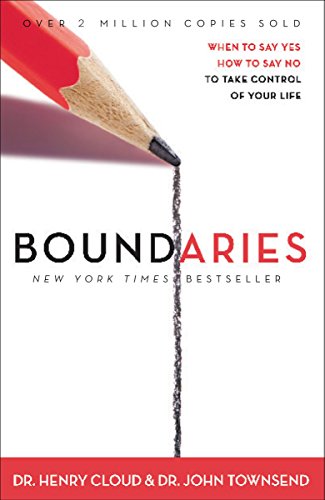We already have several questions that essentially ask how to say "no":
- How to say “no”?
- How can I politely reject someone asking for whatsapp number
- How to politely decline an opportunity to be involved in a pyramid scheme?
And then there are ones like these, which ask how to make potentially awkward requests:
- Politely ask friend to turn down car radio
- How can I politely tell someone that they should take a shower?
- How to nicely reject someone who is hitting on you in the United States?
- How to politely covey that you don't want getting tagged in irrelevant social media post?
- How to ask for personal space to a new friend without hurting their feelings?
- How can I follow up if a polite request to follow the rules has been declined?
All of these questions could be answered with essentially the same answer: be polite, but firm. Of course people would explain how to do that in different ways, and lots of people would give specific advice for specific circumstances, but for a lot of this, it's essentially one social skill: being able to assert your boundaries.
We can't set required reading for a site, but if we could I think the classic book Boundaries would have to be one!
I'd love to see questions that say "I know I need to be assertive, but I'm unsure the best way to be assertive in situation X". I guess my big problem with the questions I listed is that I can't tell from any of them that the OP knows that being assertive is a core skill of being a mature social adult. If the OP doesn't know that assertiveness is a core skill, do we answer that in each and every question, or do we use a canonical question?
We're only going to continue getting more questions like this. What should we do?
Some options:
- Create a canonical question about politely asserting your boundaries, which questions like these could be closed as duplicates of. Good answers would outline various approaches and give lots of links to find out more.
- Declare these off-topic with a custom close reason which would contain a link, and essentially have the same information as the first option, but as a Meta Q&A instead
- Don't try to have a single canonical Q&A, but have multiple, and try to pick the most appropriate one to close questions as duplicates of.
Note that having a canonical question or custom close reason doesn't mean these questions need to be permanently closed. What we would want is for vague how-to-assert-my-boundaries questions to be quickly closed, for the OP to be pointed to a meta page which explains what details should be added to make it a good focused question, for them to edit the question, and then for us to reopen the question. But having a good canonical question is still important, because in my experience 50% or more of new users are not willing to go through this kind of process.
